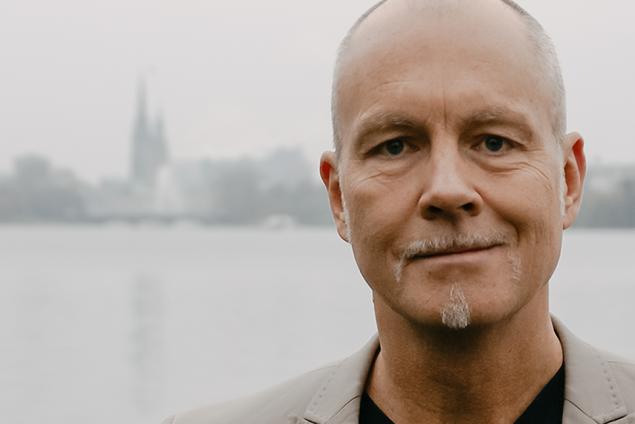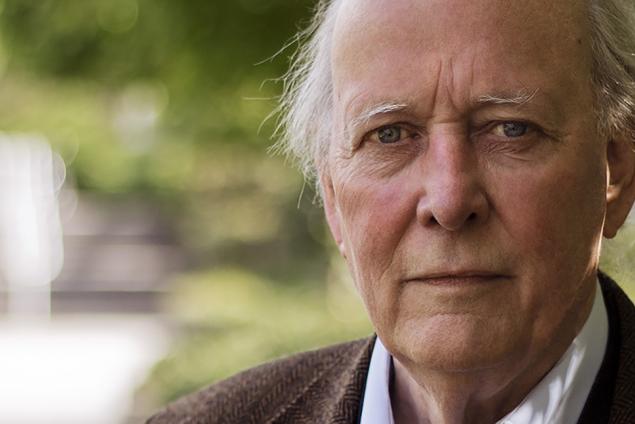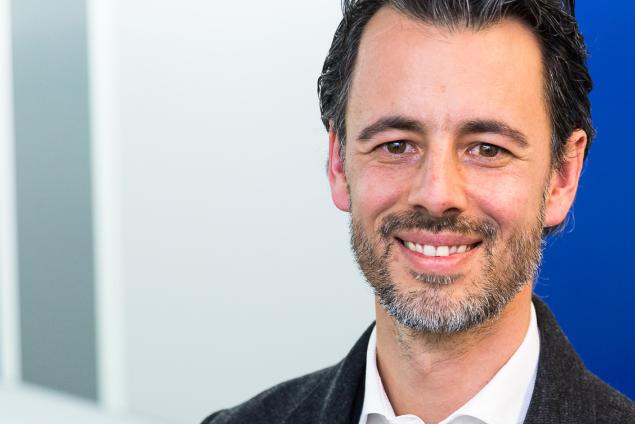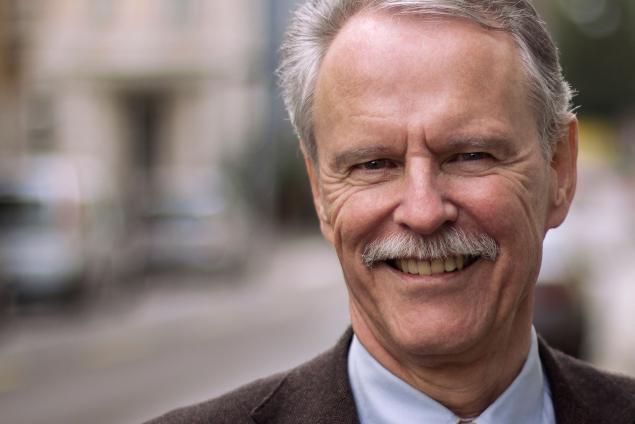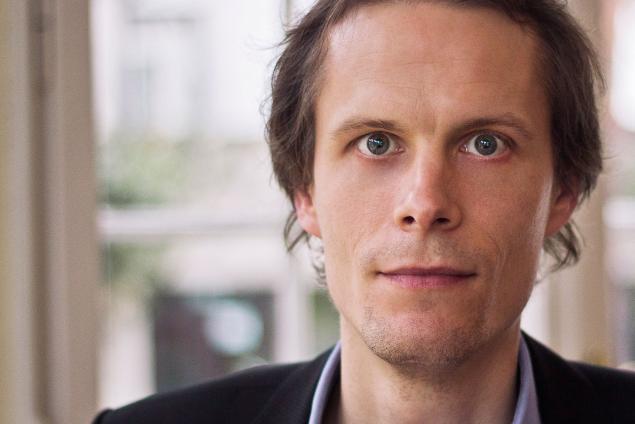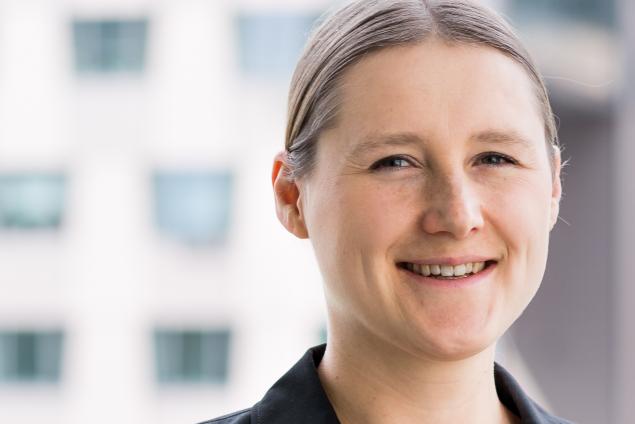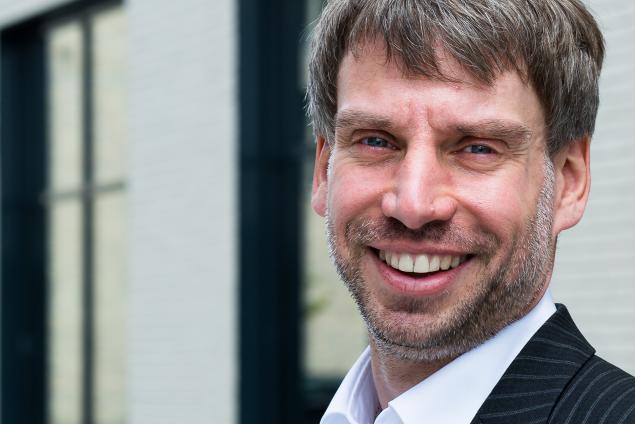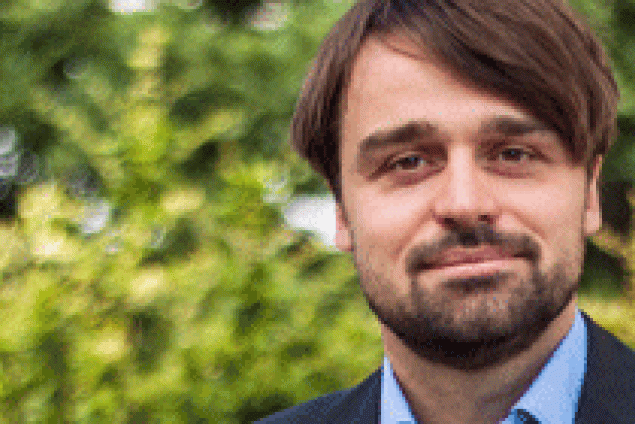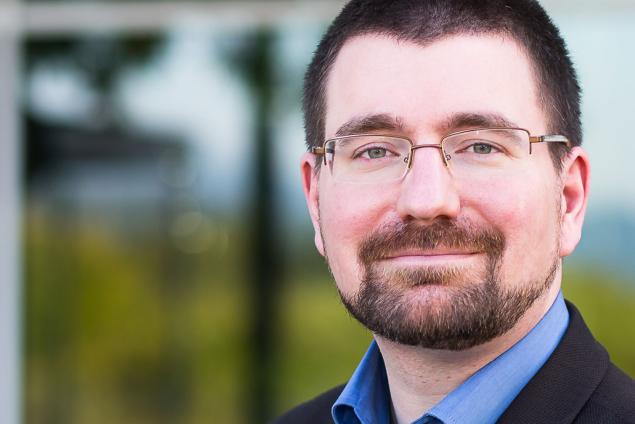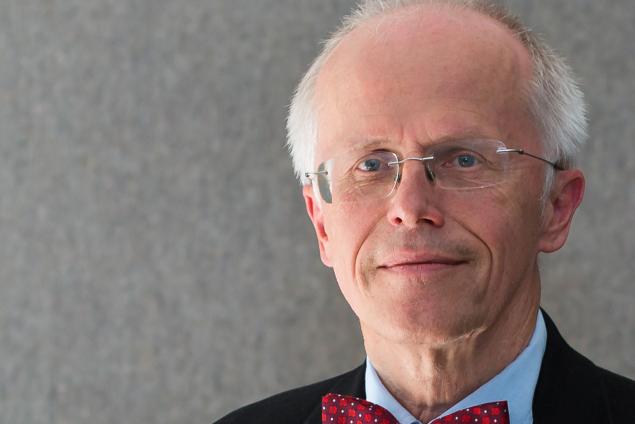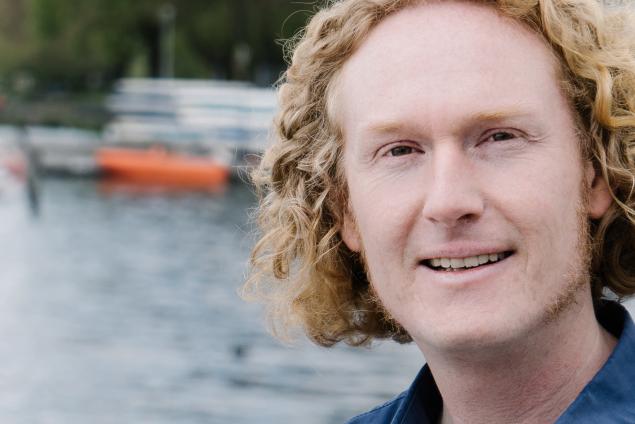Scroll to Section:
The research presented in this video exposes the inner mechanisms at work in political discourse. By first modelling verbal interaction between political actors with an agent-based model, and then analyzing the interaction with network analysis PHILIP LEIFELD detects four basic mechanisms: innovative and path-dependent mechanisms, as well as constructivist mechanisms (based on learning and interaction between people) and rational-choice mechanisms (based on external ideology). A combination of those four leads to a discourse looking like a “real-world debate”.
DOI:
https://doi.org/10.21036/LTPUB10120
Institution
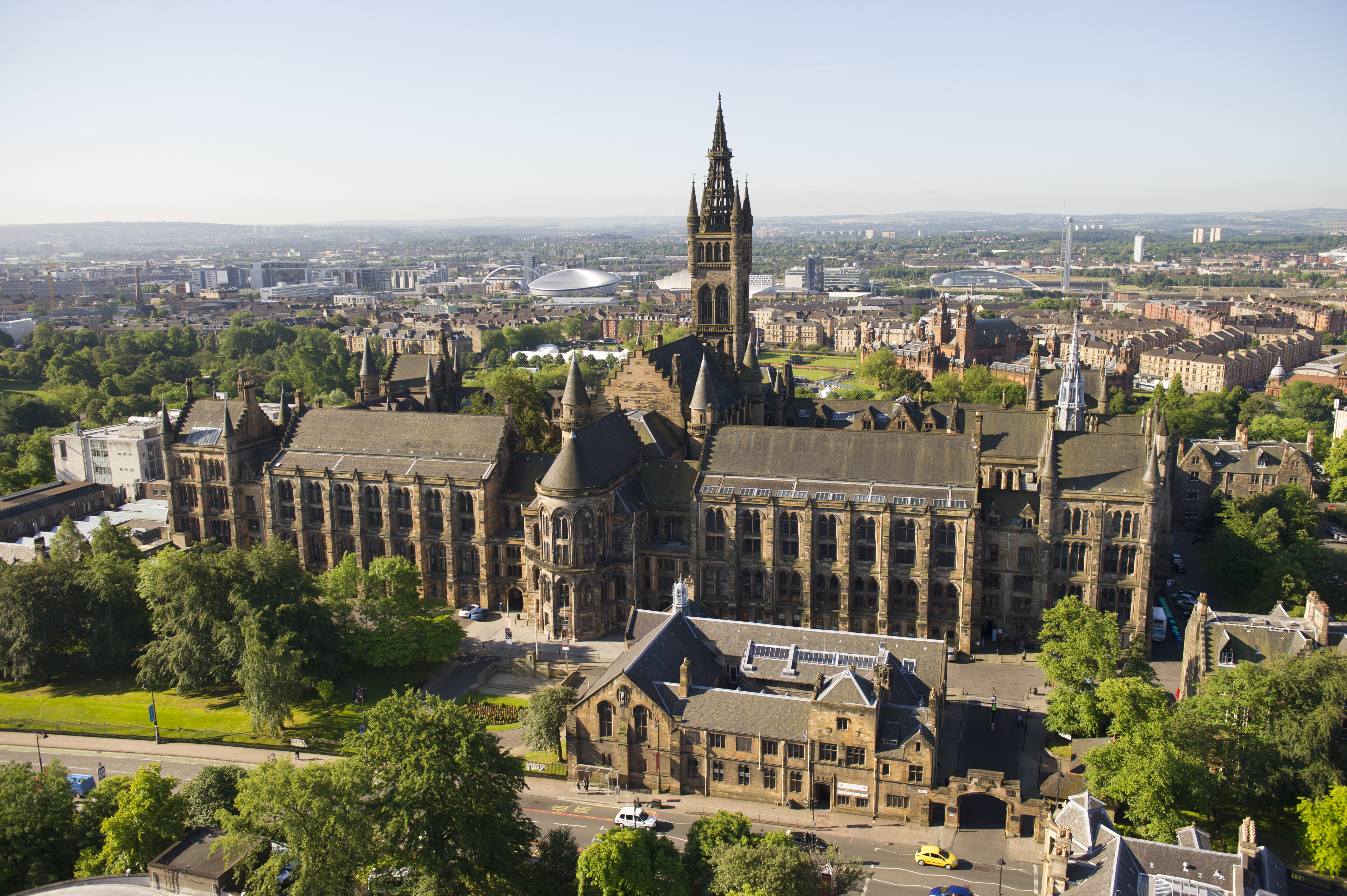
University of Glasgow
Founded in 1451, Glasgow is the fourth oldest English-speaking university in the world. We are a broad-based, research intensive institution ranked in the top 1% of the world's universities. As a member of the prestigious Russell Group of leading UK research universities, Glasgow changes the world with its expertise. Total research income now exceeds £200 million per year and 81% of our research is rated as internationally excellent. Our researchers are making important discoveries, whether that’s opening up a new field of astronomy by contributing to the world’s first detection of gravitational waves, or developing an over-the-counter test for bowel cancer. Our stunning campus, boasts over 100 listed buildings as well as modern teaching and research facilities. We have an ambitious campus development plan in place that will see our staff and students benefit from investment of £1 billion over the next five years. ( Source )
Show more
Original publication
Polarization of Coalitions in an Agent-Based Model of Political Discourse
Computational Social Networks
Published in 2014
Reading recommendations
Policy Change and Learning: An Advocacy Coalition Approach
Published in 1993Agent-Based Computational Models and Generative Social Science
Complexity
Published in 1999
Political Discourse Networks and the Conflict Over Software Patents in Europe
European Journal of Political Research
Published in 2012
Emergence of Segregation in Evolving Social Networks
Proceedings of the National Academy of Sciences (PNAS)
Published in 2011
Opinion Dynamics on Interacting Networks: Media Competition and Social Influence
Scientific Reports
Published in 2014
Beyond
A Ground-breaking Scientific Revolution
An Alarming Challenge for Society
If I Had a Second Life
